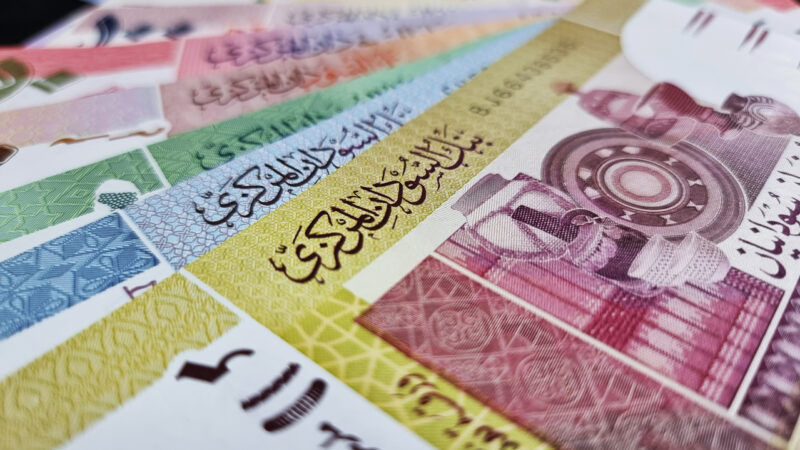Sudan currency swap sparks fears of economic divide

Sudan has effectively become a “two-currency country” following the implementation of a partial currency swap on December 10th, raising alarming concerns about potential national division, according to a report published in London’s Asharq Al-Awsat newspaper.
The controversial measure has created a stark economic divide between regions controlled by opposing forces. Seven states under army control have ceased accepting old 500 and 1,000 Sudanese pound notes, whilst 11 states controlled wholly or partially by the Rapid Support Forces (RSF) face severe banking restrictions, with the RSF explicitly prohibiting new currency circulation in their territories.
As the December 23rd exchange deadline looms, civilians in RSF-controlled areas face mounting anxiety over their savings, complicated by non-functioning banks, poor communication networks, and significant security risks associated with cross-state travel carrying cash.
“This measure prematurely consecrates the country’s division,” warns analyst Mohamed Latif, noting that RSF-controlled areas, which hold significant monetary reserves in production regions, risk isolation from the national economic system.
Banks in army-controlled regions report overwhelming crowds as citizens rush to deposit old notes, subject to a daily withdrawal limit of 200,000 pounds. The RSF has denounced the new currency as a “malicious conspiracy” aimed at national division, pointing fingers at the “Islamic movement” for orchestrating the plan.
Economic expert Abdul Latif Othman criticises the timing of the currency swap, describing it as “pouring oil on the fire of war” at a cost of approximately $138 million. Ahmed Khalil, another economic analyst, cautions that this situation might compel the RSF to print alternative currency or adopt neighbouring countries’ currencies, potentially leader to the emergence of a parallel government.
The situation draws uncomfortable parallels with South Sudan’s 2011 secession, where a “one country with two systems” approach ultimately resulted in two unstable states.
“Citizens are the primary victims,” the report concludes, highlighting the dual threats of savings loss amid banking system collapse and personal risk during currency exchange attempts.
How to submit an Op-Ed: Libyan Express accepts opinion articles on a wide range of topics. Submissions may be sent to oped@libyanexpress.com. Please include ‘Op-Ed’ in the subject line.
- HoR speaker, UN envoy meet on unity push - January 21, 2025
- New Oil Well Bolsters Libya’s Production Capacity - January 21, 2025
- Turkish TPAO Poised to Invest ‘Billions’ in Libya - January 20, 2025


